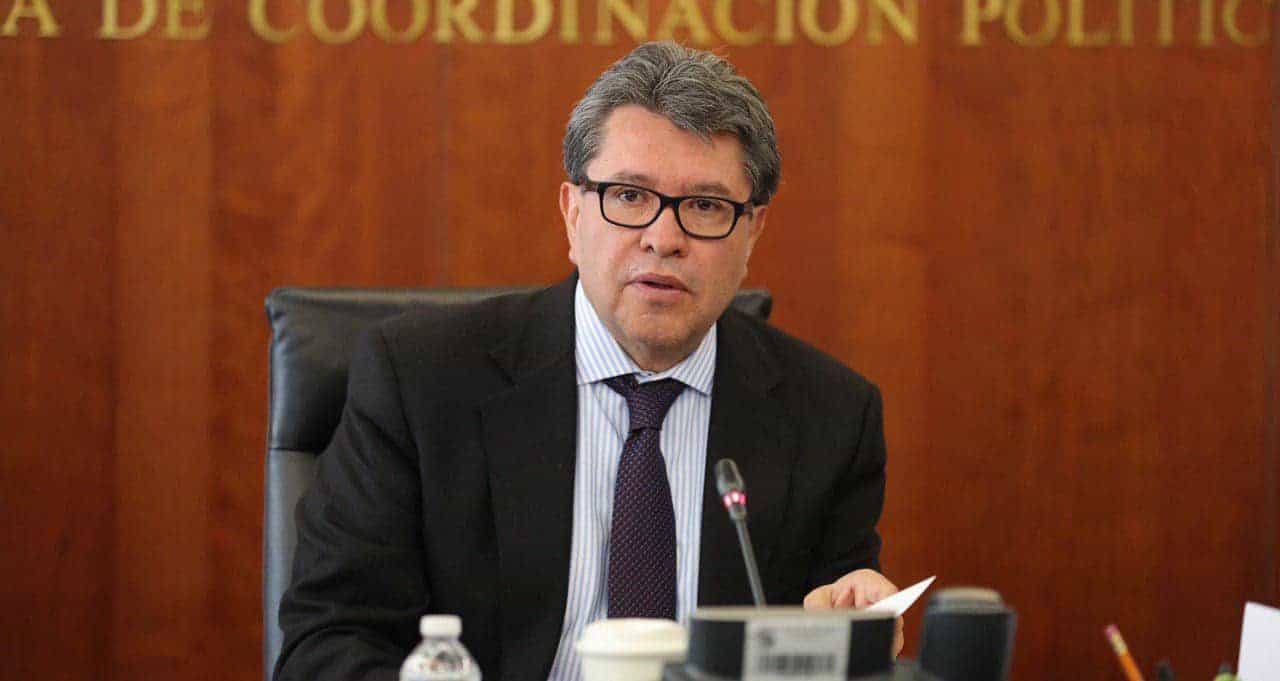
Por Alejandro González Ormerod
June 15, 2020
Contxto – A quick update from the fast-paced and exciting world of antitrust regulation! (Right…) It turns out that the Mexican Senator, Ricardo Monreal’s proposal to fuse three of the country’s main anti-monopoly bodies has been put on hold.
Just this past Friday (12), we announced that there was a plan in the works to fuse The Federal Commission for Economic Competition (Cofece), the Federal Telecommunications Agency (IFT), and the Commission on Energy Regulation (CRE).
We were certainly intrigued: Done right, this concentration of responsibilities would have helped to avoid the trauma experienced by Cornershop, as two of the aforementioned institutions duked it out over months in an attempt to call dibs on jurisdiction.
However, we were worried: Done badly, this fusion could result in gross mismanagement and further inefficiencies. This outcome seemed all the more likely since the move was crafted by Monreal in order to save a bit of money, not in the name of cutting red tape.
[wd_hustle id=”InArticleOptin” type=”embedded”/]
Over the weekend, in a livestream, the Mexican Senator backtracked. He announced that he would be postponing the draft law in order to prioritize current issues facing the country. He specifically cited the ongoing pandemic, as well as the need to prepare for the ongoing launch of the US-Mexico-Canada Agreement.
He continued by saying that this was definitely not due to those complaining that this was in fact a centralizing power grab by the Federal government.
However, Monreal did accept that he has been listening to feedback on the law and had decided on that basis to “postpone the initiative and launch a process of discussion, enrichment, and assessment of the proposal.”
Polarization often colors how people interpret moves on the part of governments nowadays.
So, what do you think it really was? An innocent, but perhaps misguided attempt to create more efficient institutions? Or, was this a power-grab by the Mexican government?
Related articles: Tech and startups from Mexico!
-AG